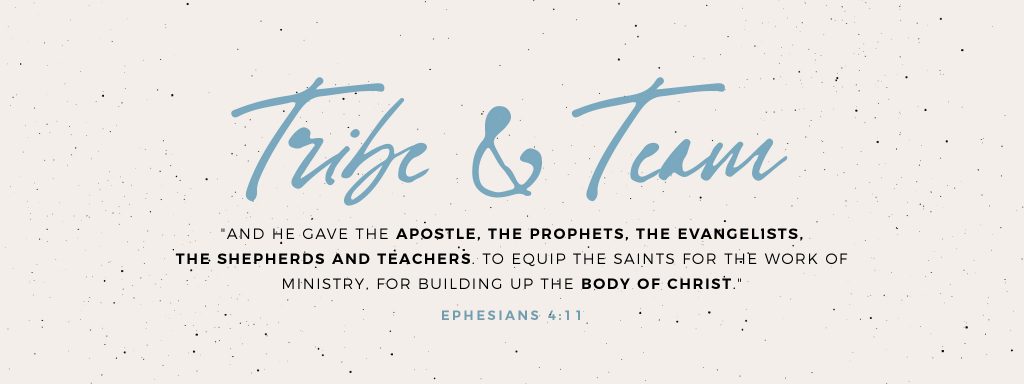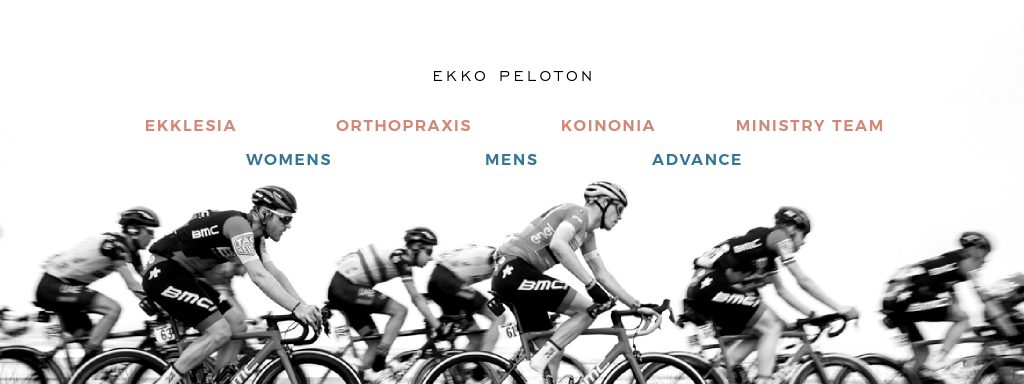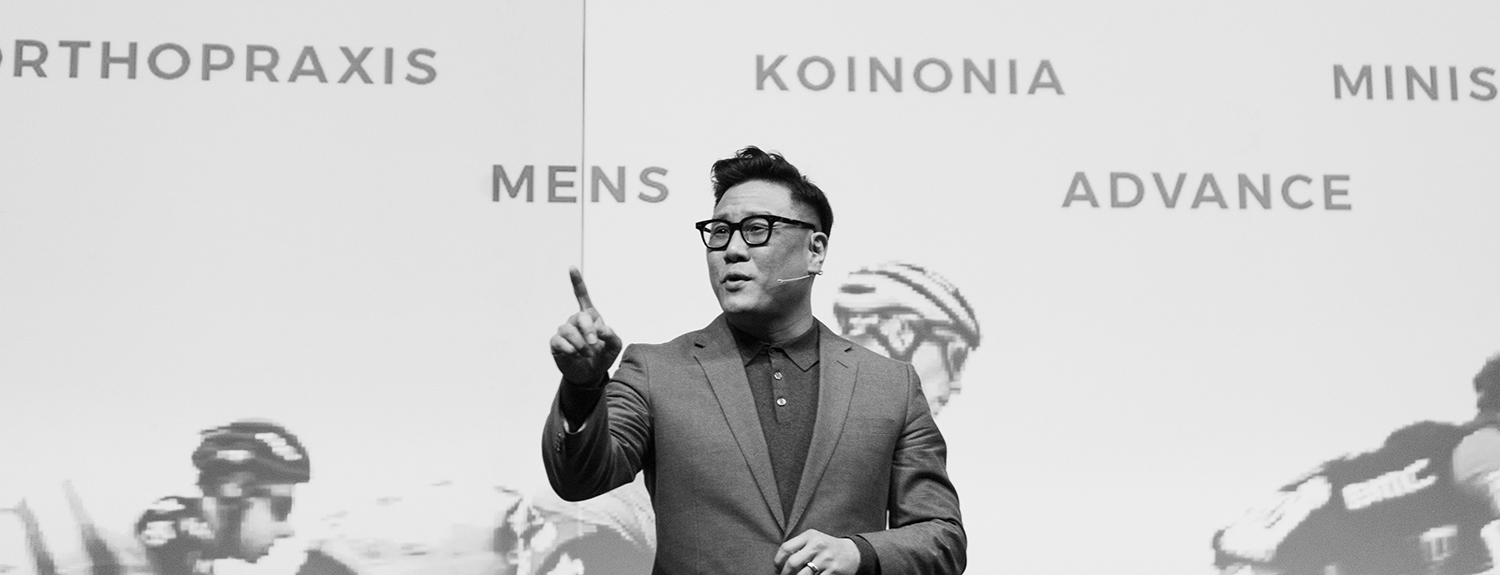In Paul’s letter to the Ephesians, he reminds us rather pointedly, that God wants us to mature: “… so that we may no longer be children, tossed to and fro by the waves and carried about by every wind of doctrine, by human cunning, by craftiness in deceitful schemes.” (Ephesians 4:4)
Peter O’Brien explains in his book The Letter to the Ephesians that spiritual children are “unstable, lacking in direction, vacillating and open to manipulation… Like small, rudderless boats, they are tossed back and forth by the waves and driven this way and that by prevailing wind… various religious philosophies which threaten to undermine or dilute the apostolic gospel.”
So why do we remain like “children”?
Pastor Bryan explains that we are often unable to become strong and mature in the Lord, because we don’t curate and cultivate Gospel-Centered friendships.
We refuse the Body of Christ.
Much like children, we say, “I can do this myself,” before spilling a cup full of juice all over our laps.
O’Brien continues: “The use of the plural ‘children’ (with its implications of individualism) stands in contrast to the one ‘mature person (manhood)’ who is a corporate unity.”
Or, in simpler terms, there is no such thing as a mature Christian. There is only a mature Church.
We cannot mature by ourselves, for ourselves. It takes a body, a tribe, to be mature in Christ.
So God’s cure for immaturity, our weak and rudderless realities is: A Tribe and a Team of Leaders.

Spiritual Friends are the cure to our weak faith in Christ.
Aelred of Rievaulx breaks down friendships into three categories: Carnal, Worldly, and Spiritual. He writes, “Let us call one friendship carnal, another worldly, and the third spiritual. The carnal is created by a conspiracy in
“You and I are here, and I hope that Christ is between us as a third.”
— Aelred of Rievaulx
So how do we know if our friendships curve toward carnal or worldly? There are a list of descriptions that have been adapted from Joanne Jung’s book The Lost Discipline of Conversation that help us to determine if our friendships are ones that will help us mature in Christ—or won’t.
- Less reading and studying the Bible.
- Less memorizing Scripture.
- Less seeking God.
- Less spending time with other believers.
- Less interest in those outside the faith.
- Less thinking and understanding of biblical truths.
- Less praying for others in and outside the church.
- Less praying in a group with other Christians.
- Less confession and asking forgiveness of God.
- Less conviction toward obedience to God.
- Less involvement in church responsibilities and ministries.
- Fewer significant relationships with Christians.
- Fewer conversations with Christians.
- Less attending worship services.
In order for a friendship to be spiritual, it must be disciplined and intentional. Which means, if we want to grow, we must curate and cultivate gospel-centered friendships.
We need a peloton.

A peloton is a group of riders formed during a cycling race to help the rider in the center win for the whole team. They practice together, they are of one mind and hope. The job of the peloton is to surround one rider to reduce wind drag and help the main rider have enough energy to finish the race strong.
No matter how strong a single rider is, they cannot win on their own. They must ride with a peloton.
So instead of asking, “Who are my friends?” We need to start asking, “Who is in my peloton?” And: “Whose peloton am I in?”
Pelotons consist of your mentors and spiritual friends. They are the ones who make sure you’re not “carried about by every wind of doctrine, by human cunning or by craftiness in deceitful schemes…”
“The righteous choose their friends carefully, but the way of the wicked leads them astray.” (Proverbs 12:26 NIV)
At EKKO, we have several Pelotons that are designed to help you mature in Christ.

How to start a Peloton:
- Initiate and DTR (define the relationship): You need an initiator or a “planter,” someone who can help define the relationship (ex: “This is a 6-week peloton.” “This is a Mom-Peloton.” “This is a Brazilian Jiu-Jitsu Peloton.”)
- Exercise and Practice: Be clear about expectations and commitments. Create a rhythm of meetings. Gather around a book, Bible, devotional. Create drills, disciplines, habits to do together and practice. Be prepared to share assignments.
- Confess and Celebrate: Be vulnerable and open up. Tell stories. Share prayer concerns and praise reports. Worship together and pray together. Serve and eat together.
Pray this with us this week:
One Lord,
One Faith,
One Baptism.
We are of one body and one spirit.
With one Hope,
One Race,
Toward our God, the Father of All.
You can listen to the sermon Platoon from the Ephesians series that inspired this post here.
All images and materials are copyright protected and are the property of EKKO Church unless otherwise noted and credited to their maker. Please do not copy or distribute without permission.
